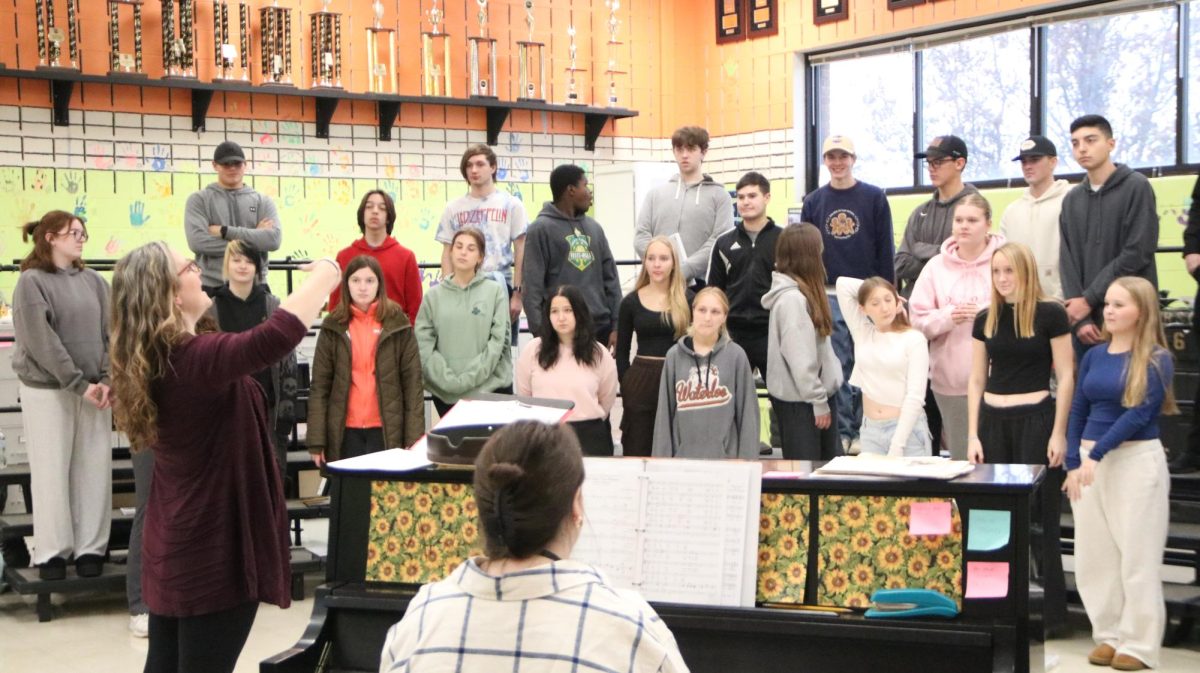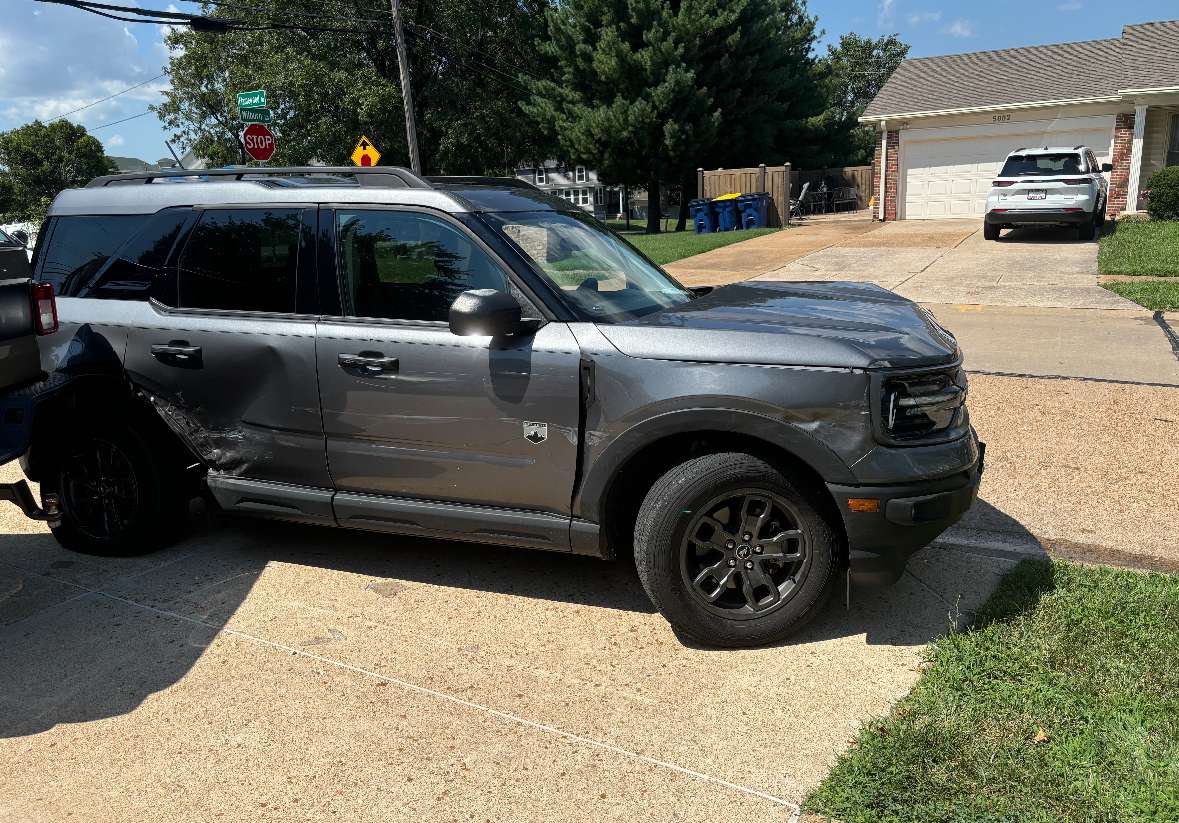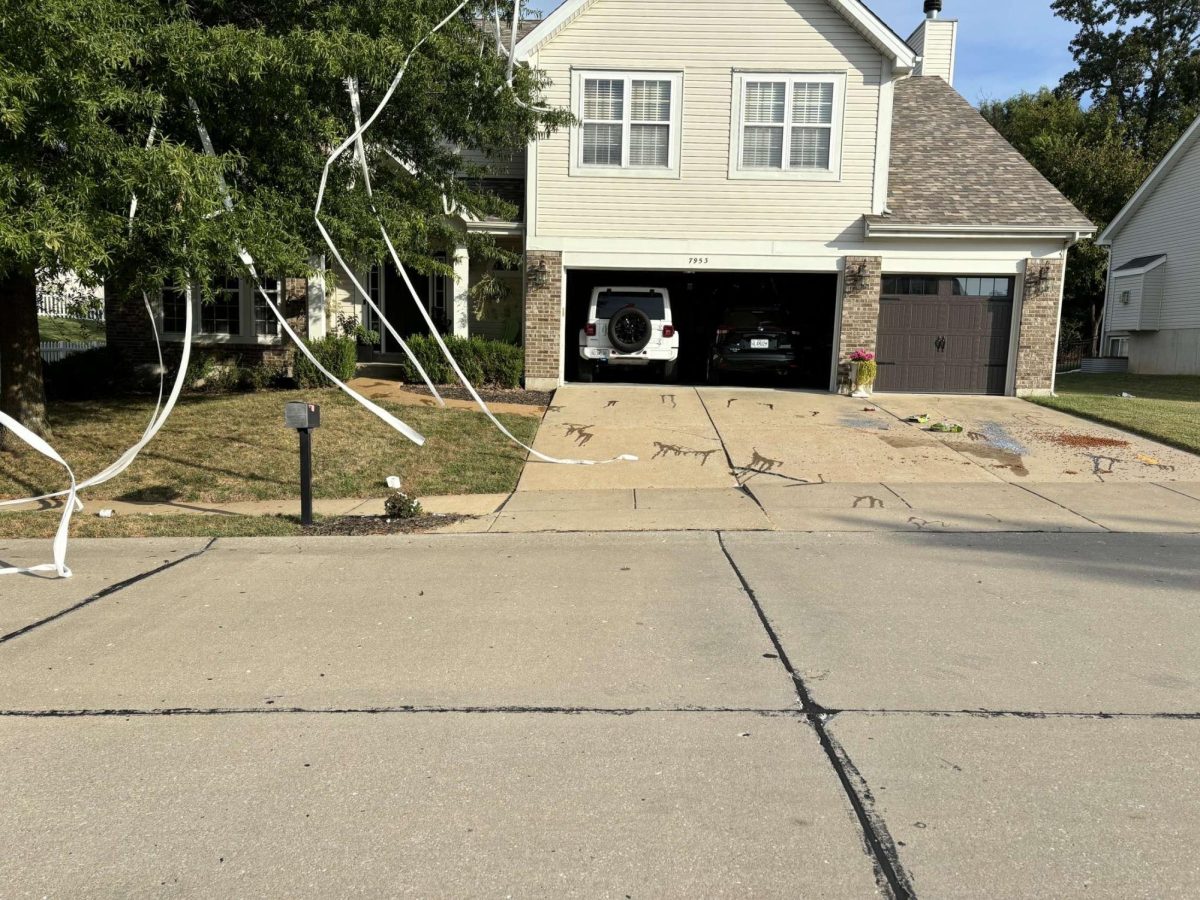OHS implemented a new responsive scheduling system during ANP this year.
Unlike in years past where students could travel wherever they needed to as long as they had a pass, this new system requires students to take responsibility and schedule themselves to classes that they need help in during two different 30-minute sessions before travel starts. Teachers can also schedule students if the teacher thinks they need help. Assistant principal Dana Skrabacz is the one who helped implement this new schedule.
“I think it gives us more opportunities to work with students who need it…and students are held more accountable for their actions…” Skrabacz said.
Some students, however, are not adjust well to the new system.
“This new responsive scheduling sucks. We need to go back to the old one,” Dominic Stegman (11) said. “It’s so hard to schedule classes sometimes.”
Some teachers are missing the old system as well.
“The ANP sessions are too short for tests, and I don’t like that I have to schedule students to my class,” an OHS teacher* said. “It’s their education, not mine.”
While each of the sessions are 30 minutes, if students finish their work early, they can’t go back to class. Instead, they must stay in their assigned classroom the whole time, and restroom use is limited to the five minute passing period only.
“I feel trapped not being able to make an E-Hall pass and go to the class I want to,” Amna Hasanovic (10) said.
While some feel restricted, other students have found a positive side to the changes.
“I like the new responsive scheduling,” Abigail Hasty (11) said. “I like how easy it is to work with friends on projects, but other than that, it’s pretty basic.”
Others are finding the changes helpful with regard to their adcademic performance.
“I like it. It’s easier to schedule classes if you just schedule in advance,” Aidin Nuhanovic (11) said. “It also helps me focus on my work knowing I’m here to work and not mess around.”
*teacher asked to remain anonymous








